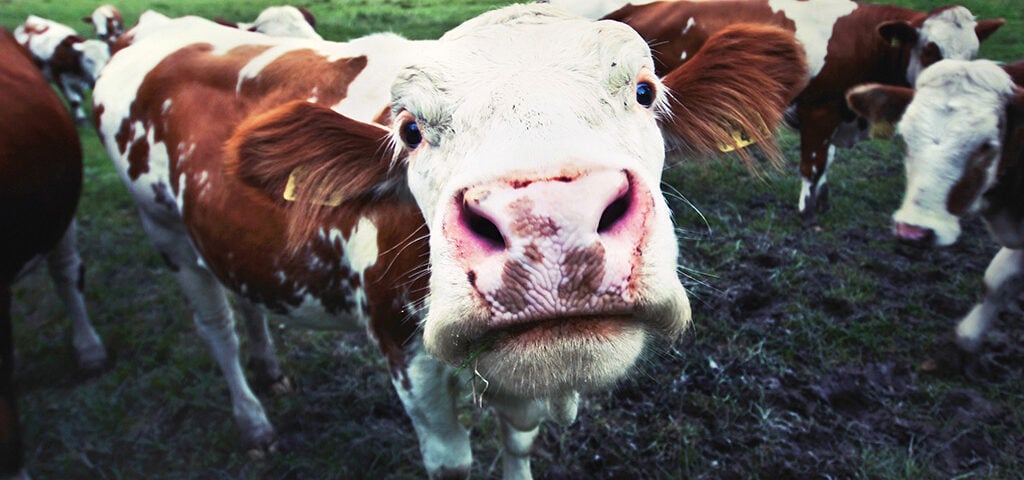In the world of strange desires, there is a fascinating occurrence that has perplexed both specialists and addicts: the desire for milk among alcoholics. Although it may appear contradictory at first, this intriguing connection between milk consumption and alcoholism has aroused interest and skepticism. Banyan Treatment Centers Chicago delves into the complexities of this fascinating connection, examining potential explanations and providing clarity on the issue of why alcoholics crave milk. Let's set out on a trip of exploration to solve this mystery and learn more about the intricate relationships between addiction, the human body, and the part that milk plays in this challenging riddle.
The Relationship Between Alcohol and Milk
The relationship between milk and alcohol may initially appear strange and unrelated. After all, one is a standard for toasts at social events and celebrations, but the other is frequently linked to children’s nutrition and calming bedtime rituals. But there's more to the intriguing connection between alcohol and milk than meets the eye.
Reasoning behind alcoholics craving milk can include:
- Soothing and comforting properties: Milk has a long history of being connected to nurturing and comforting emotions. Many of us have happy childhood memories of being provided warm milk to comfort us in tough times or to help us sleep peacefully. Alcoholics going through the turmoil of addiction and withdrawal may be lured to the comfortable and calming characteristics of milk for several reasons, including perhaps this pleasant association.
- Nutritional balance and replenishment: Nutritional deficiencies are frequently caused by excessive alcohol use because alcohol inhibits the body's capacity to absorb and use vital vitamins and minerals. Contrarily, milk is a great source of protein, calcium, and other essential nutrients. Alcoholics may have an innate need to refill and repair their body's nutritional levels to reestablish the sense of balance that alcohol misuse has upset.
- Relief from gastrointestinal discomfort: Alcohol can cause digestive problems, stomach discomfort, and inflammation, which can be devastating to the gastrointestinal system. Milk, on the other hand, has a reputation for being calming and having the ability to ease intestinal distress. Alcoholics may find that drinking milk temporarily alleviates unpleasant symptoms like acid reflux or heartburn, which may increase the need for this comforting liquid.
- Psychological and symbolic associations: In many cultures, milk often gets associated with goodness, innocence, and well-being. The act of consuming milk may symbolize a metaphorical return to a state of purity and innocence for those coping with the chaos and guilt sometimes associated with alcohol addiction, offering a psychological break from the unpleasant feelings and effects of alcohol abuse.
These explanations help to answer the question, "Why do alcoholics crave milk?" Still, it is important to remember that everyone's experiences and physiological makeup are unique. This urge may not be present in every alcoholic, and there may be other underlying reasons at work as well. Examining this connection gives light on the complexity of addiction and the various ways in which people look for comfort and healing.
When Alcoholic Milk Cravings Can Go Too Far
While the desire for milk in alcoholics may initially seem harmless or even beneficial, it is important to understand that, like any craving, it can intensify into a problem. When a craving transcends the line and starts to harm a person's general well-being, it is critical to address the situation.
When a craving or behavior is used to cover up or disguise alcohol usage, it can have some serious implications. Some people who are battling alcoholism may combine alcoholic drinks with milk or make combinations that resemble safe dairy-based drinks. This behavior not only feeds the cycle of addiction but also puts people at risk since it may encourage risky drinking habits or a sense of denial about how serious the alcohol problem is.
Milk provides nutritional benefits, but it is crucial to note that it cannot totally compensate for the negative effects of excessive alcohol consumption on the body. Relying entirely on milk to replace nutrients can result in an unbalanced diet that is deficient in the diversity of vitamins and minerals needed for good health. To fully address their nutritional demands, alcoholics must seek professional advice and assistance.
In certain cases, alcoholics' milk cravings can develop into a substitution addiction, where excessive milk consumption is used to make up for the hole left by alcohol. Even though milk may not necessarily be dangerous, substituting it for alcohol without also treating the underlying addiction might make recovery more difficult. To address the underlying causes of their addiction, those who are battling with alcoholism should concentrate on complete treatment, which includes counseling, support groups, and lifestyle adjustments.
Luckily, our Chicago addiction treatment center offers a sensational alcohol recovery program that offers a variety of these services to those who need it most. As a leading provider of Illinois addiction treatment, we work to provide our patients with a variety of effective therapy programs that accentuate the healing process.
Call our drug rehab in Chicago at 888-280-4763 to learn more about our alcohol treatment options and what they can do for you or your loved one.
Related Reading









